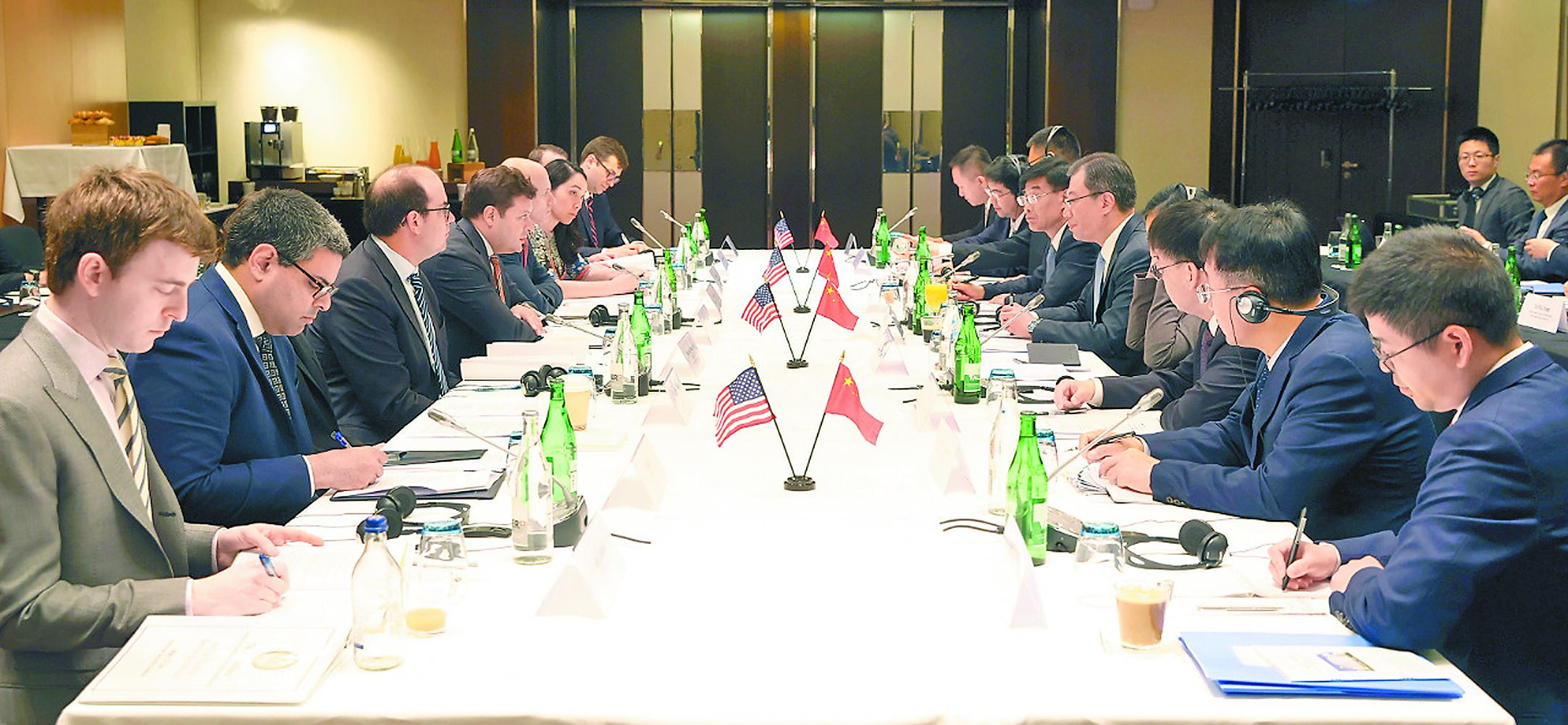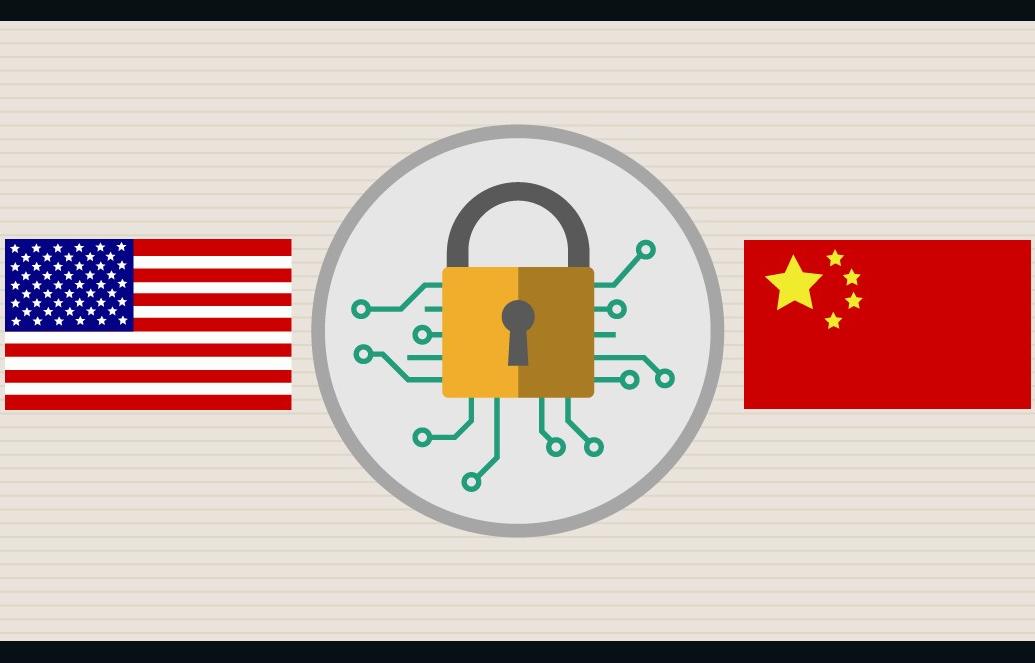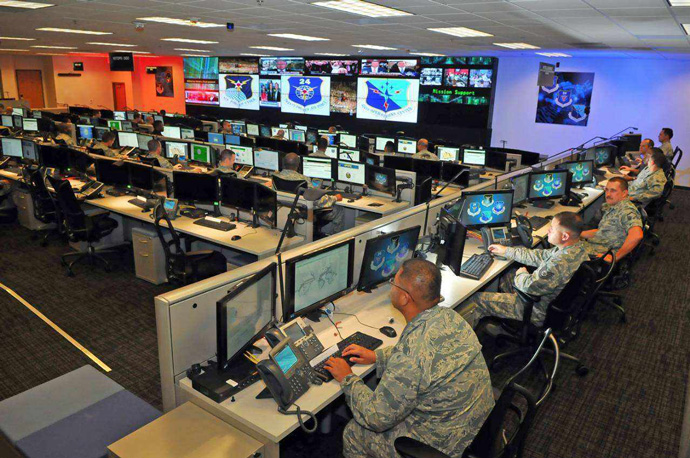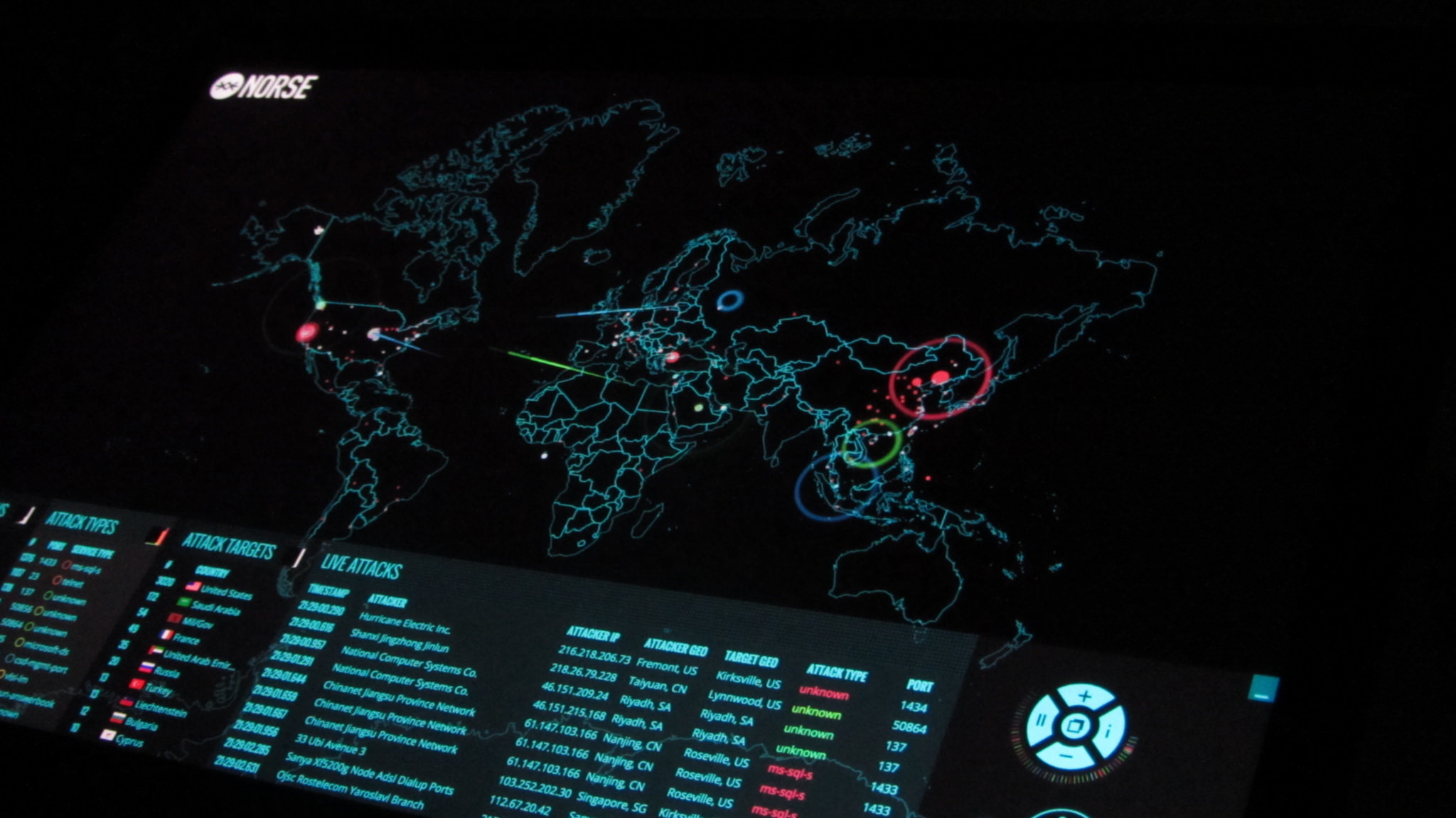Sheng Zhonghua, Researcher and Postdoctoral Fellow, Centre on Contemporary China and the World, The University of Hong Kong
Sep 13, 2024
The Volt Typhoon cyberattacks underscore the escalating tensions between China and the U.S. in cyberspace, with both nations deepening mutual distrust that risks spiraling into broader conflict. To prevent further deterioration, the U.S. and China must engage in dialogue, establish international cybersecurity frameworks, and cooperate on managing cyber threats, ensuring that neither side becomes the winner of a destructive cyber or AI-driven war.

Richard Weitz, Senior Fellow, Hudson Institute
Jun 14, 2024
The wide divergences in Chinese and U.S. preferences regarding artificial intelligence suggest NGO-led engagements will yield greater security benefits than official meetings.
Stephen Roach, Senior Fellow, Yale University
Feb 29, 2024
FBI Director Christopher Wray recently upped the ante in America’s anti-China campaign. In congressional testimony on January 31, he sounded the alarm over intensified Chinese hacking activity and warned that US infrastructure – telecommunications, energy, transportation, and water – is acutely vulnerable to the Chinese state-sponsored hacker group Volt Typhoon. Front-page coverage by the New York Times added to the sense of urgency.

Lu Chuanying, Fellow and Secretary-general of the Research Center for the International Governance of Cyberspace, SIIS
Jul 21, 2021
For China and the United States, virtually all technology eventually touches on cybersecurity. But cooperation, based on trust, can be achieved. Trust is the basis of any cooperative relationship. Without it, concrete initiatives are incredibly difficult to implement.

Li Zheng, Assistant Research Processor, China Institutes of Contemporary International Relations
Jul 05, 2019
The recent US cyber-attack on Iran, in retaliation for the downing of its drone, raises new questions for the militarization of cyberspace: what are the norms governing cyber war? What are the implications for international cooperation on the global Internet? How can governments stop cyber-attacks from escalating in unpredictable ways? These matters greatly concern the US and China.
Stephen Nagy, Professor, Department of Politics and International Studies at the International Christian University
Mar 08, 2019
The case involving Meng Wanzhou’s extradition to the U.S. illustrates the precariousness that U.S. allies must face when balancing their relations with the U.S. and China.
Joseph S. Nye, Professor, Harvard University
Mar 06, 2019
Deterrence will not be enough.

Tian Shichen, Founder & President, Global Governance Institution
Jan 07, 2019
Doing so means a bigger defense budget.

Joseph S. Nye, Professor, Harvard University
Jul 06, 2018
The US must demonstrate that cyber attacks and manipulation of social media will incur costs.
Back to Top

- China-US Focus builds trust and understanding between the U.S. and China through open dialogue among thought leaders.
- Our Offerings
- Topics
- Videos
- Podcasts
- Columnists
- Research Reports
- Focus Digest
- Stay Connected
-
Thanks for signing up!
- Get the latest stories from China-US Focus weekly.